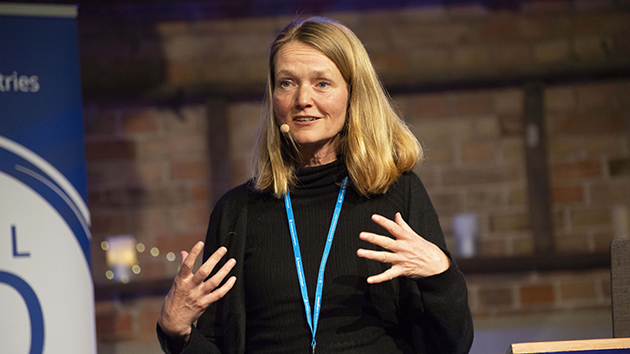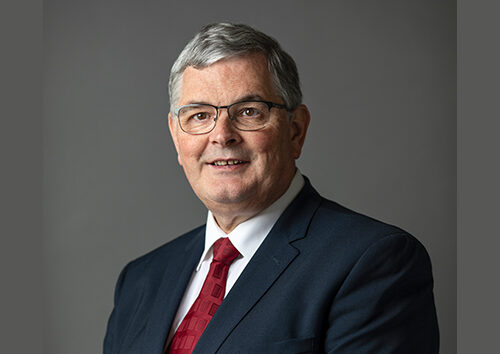11 July 2023 | Friedensau Adventist University, Germany [tedNEWS]
In April, sixty leaders of Family Ministries from the Trans-European (TED) and Inter-European (EUD) Divisions gathered at Friedensau Adventist University in Germany to explore a biblical view of sexuality. Numerous readers of tedNEWS expressed their desire for further details on the workshops conducted during the event, as well as the resources that were made accessible. Below is an overview of one of the workshops presented.
In her captivating workshop, Mary-Jo Vollmer-Sandholm explored the link between pornography and shame. She highlighted its widespread presence among Christians, including church leaders, as studies have shown that over 80% of Christian households engage with pornography. Rather than promoting judgment and comdenation, Vollmer-Sandholm emphasised the significance of self-compassion in addressing the underlying issues that render individuals more susceptible to pornography’s allure.
Pornography usage triggers a deep sense of shame, intensifying cravings.
“Pornography usage triggers a deep sense of shame among many Christians, intensifying their cravings and creating a feeling of distance from God,” she explained, reminding everyone of God’s unwavering availability for help and solace.
The workshop debunked common myths about pornography, such as the belief that marriage reduces the temptation to consume it, or that prayer alone can fix the problem. “Pornography has been identified as a public health crisis due to its detrimental impact on mental health and society,” Vollmer-Sandholm emphasized, stressing the urgency to have open and honest conversations about it.

“You must talk to the teens in your life about their online behaviour and the complex dynamics associated with pornography and other sexual interactions. It’s non-negotiable,” she urged. Vollmer-Sandholm stressed that these non-judgmental conversations are crucial when teenagers face challenges such as blackmail, peer pressure, bullying, and confusion. “Remain curious yourself, and don’t tell them what to think but how to think, by asking reflective questions” she advised.
As a conversation starter, Vollmer-Sandholm suggested saying something like: Most kids are exposed to porn early now. How do you feel about it? Is it stressful, interesting, scary, confusing…? She also highlighted that these discussions should be ongoing, rather than a one-time event, to ensure continuous support and guidance. “Most importantly,” Vollmer-Sandholm shared, “children need to feel secure in knowing that even if they make what they perceive as terrible mistakes, they can confide in their parents without fear of judgment or fall-out.” She highlighted the seriousness of the matter by sharing heart-breaking stories of young individuals who tragically took their own lives due to threats of sharing explicit pictures, driven by an overwhelming fear of their families’ reactions.
After providing insights into the journey from pornography addiction to recovery and highlighting important signs and symptoms to be aware of, Vollmer-Sandholm wrapped up her presentation by sharing a list of resources that can provide further support and information. The resources she mentioned include:
Vollmer-Sandholm concluded her presentation with a powerful statement: “While pornography may not be an addiction for everyone, it certainly is for some, and the opposite of addiction is not abstinence, but connection.” She highlighted the detrimental consequences of concealing one’s struggle instead of seeking support from others who share a similar journey, “God built us for transparency and connection.”
Mary-Jo Vollmer-Sandholm, MSN, RN, C-PNP, is a Doctoral Fellow in the Department of Forensic Medicine at Oslo University Hospital, Norway. With over 20 years of experience in the field of paediatric forensics, Vollmer-Sandholm has cultivated a deep passion for finding effective strategies to prevent the numerous harms she encounters in her clinical practice and research.
[Photos: Vanesa Pizzuto].



